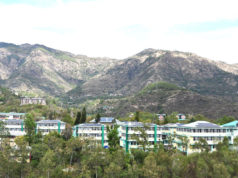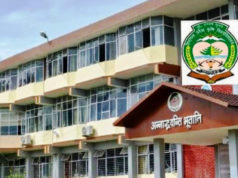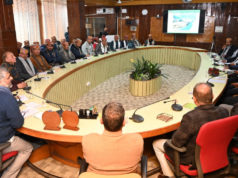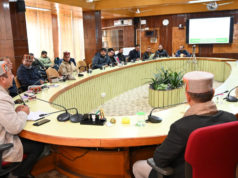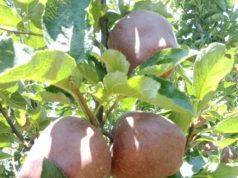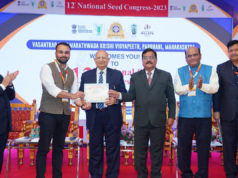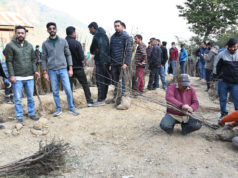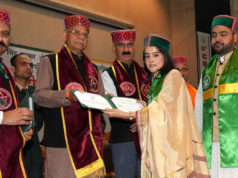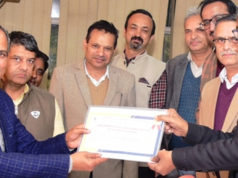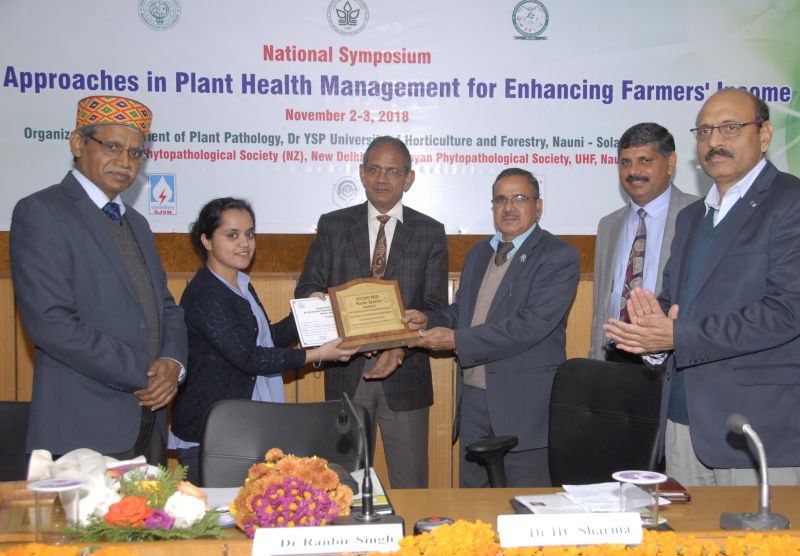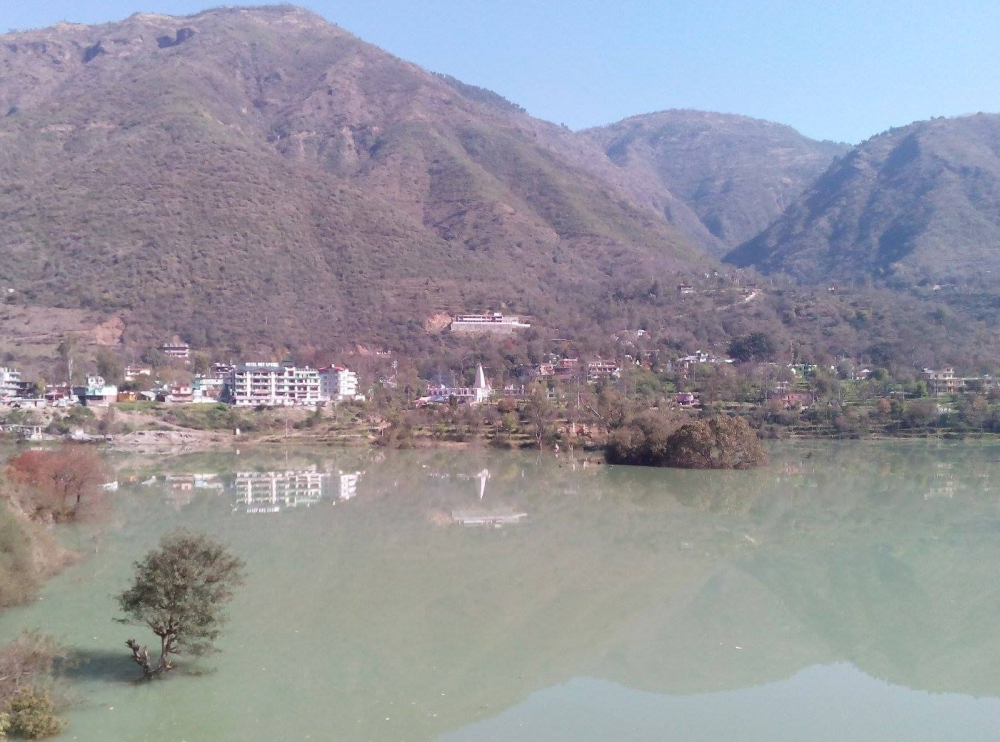Nauni/Solan: Experts has hoped that the focus on the development and adoption of emerging agricultural technology will go a long way in the success of agricultural activities in the country and contribute towards increasing farmers income.
In the 2nd International Conference organised by Agro-Environmental Development Society (AEDS) in association with Dr YS Parmar University of Horticulture and Forestry (UHF), Nauni, Cairo University’s Plant Pathology Research Institute and Tribhuvan University, Nepal organised a conference on ‘Recent Advances in Agricultural, Environmental and Applied Sciences for Global Development’ at Dr YS Parmar University of Horticulture and Forestry Nauni which concluded today.
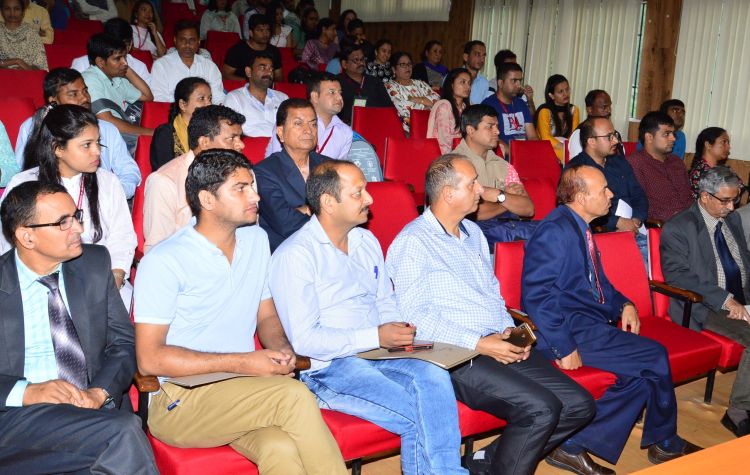
Speaking at the valedictory session of the conference, Dr HR Gautam, co-chairman of the local committee said that interactions in this international conference helped to exchange innovative ideas among the participants. As more than 60 per cent of participants were young researchers, this conference will have great bearings in future research programmes of different research institutes of the country.
Eminent and young scientists from different State Agriculture Universities and ICAR institutes took part in the event and presented their research. Several topics under the major themes like recent advances in agriculture and allied fields, natural resource management and sustainable hill farming for livelihood security, emerging issues in environmental management, recent advances in biological and allied sciences, and recent trends in pharmaceutical and applied sciences for sustainable development were covered during the conference.
In his presentation, Dr DB Parekh, Former Principal Scientist, ICAR NBPGR, New Delhi shed light on the vast scope of LED grow lights, which he said can usher in a new revolution in plant sciences in the country. This food production technology consumes 40 per cent less power, 80 per cent less food wastage, 99 per cent less water usage than outdoor fields and leads to the reduction of carbon footprint. This technology, with negligible infestation of diseases and pests, does not require any chemical pesticides and thereby helps to produce healthy foodstuff. As more and more people are shifting to urban areas and the cultivable land is shrinking, this technology through its implementation in vertical farming will reduce the pressure on land.
Dr RK Sharma, eminent scientist and Head, Resource Management programme, ICAR-Indian Institute of Wheat and Barley Research, Karnal gave a comprehensive account of emerging crop cultivation technologies for doubling farmers’ income. He said for achieving sustainable higher productivity as well as profitability, efforts must be focused on reversing the trend in natural resource degradation by adopting efficient resource conservation and input management technologies. Laser land levelling, use of NDVI sensor for need-based nitrogen application saves 15-20% nitrogen without any reduction in productivity of wheat as well as rice crops. Leaving crop residues at soil surface i.e. conservation agriculture can help save one irrigation which would be more than 15% water saving. The micro-irrigation practices (sprinkler and drip) can save more than 25-30% water compared to conventional flood irrigation practice.
Dr Rinku Sharma, Senior Scientist IVRI Regional Station Palampur, highlighted the increasing problem of Enzootic bovine haematuria (EBH), a disease in cattle, caused due to chronic ingestion of ferns. The disease is prevalent in some pockets of districts Kullu, Chamba, Mandi and Shimla at an altitude of 1800 meters above mean sea level. She shared that, experimental studies have shown that Dryopteris nigropalaceae fern, produced pre-neoplastic lesions on long-term feeding in animals in high hills.
Dr Sharma suggested farmers in EBH-endemic areas to not use ferns as a fodder or bedding material for the livestock and try not to send empty-stomach cattle for grazing. Dr Rajinder Chaudhary, a research scholar from NDRI Karnal shared his engaging research on the development of an encapsulate of Omega 3, which has been derived from vegetarian sources. Because of the modern lifestyle, the lack of Omega 3 in foodstuff causes rheumatic arthritis, psoriasis, cardiovascular diseases. The encapsulate can be directly added to other foodstuff.


